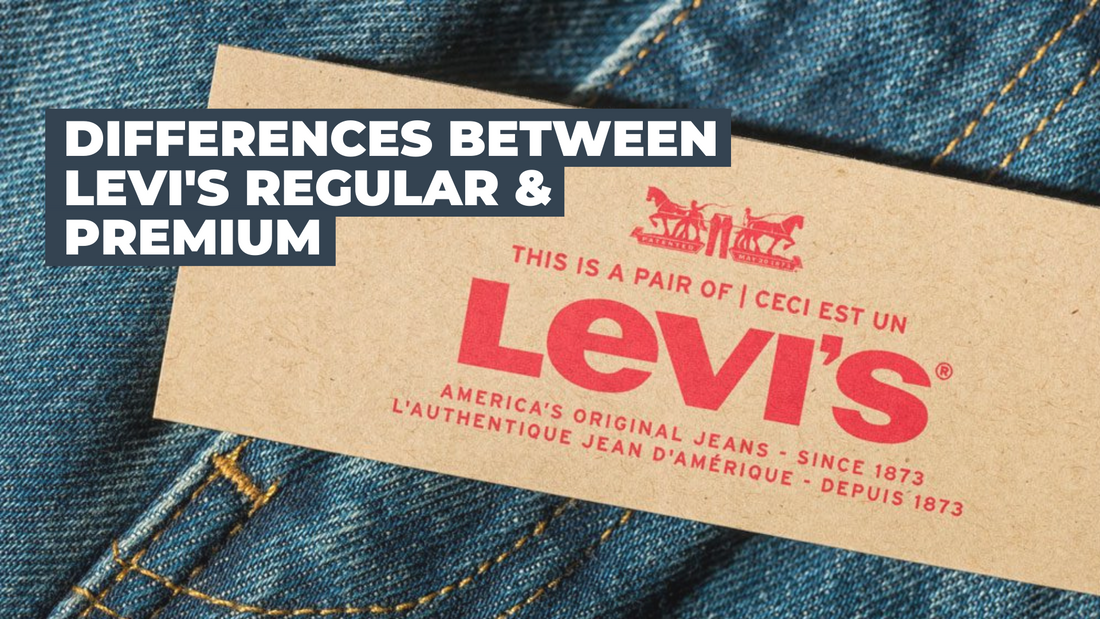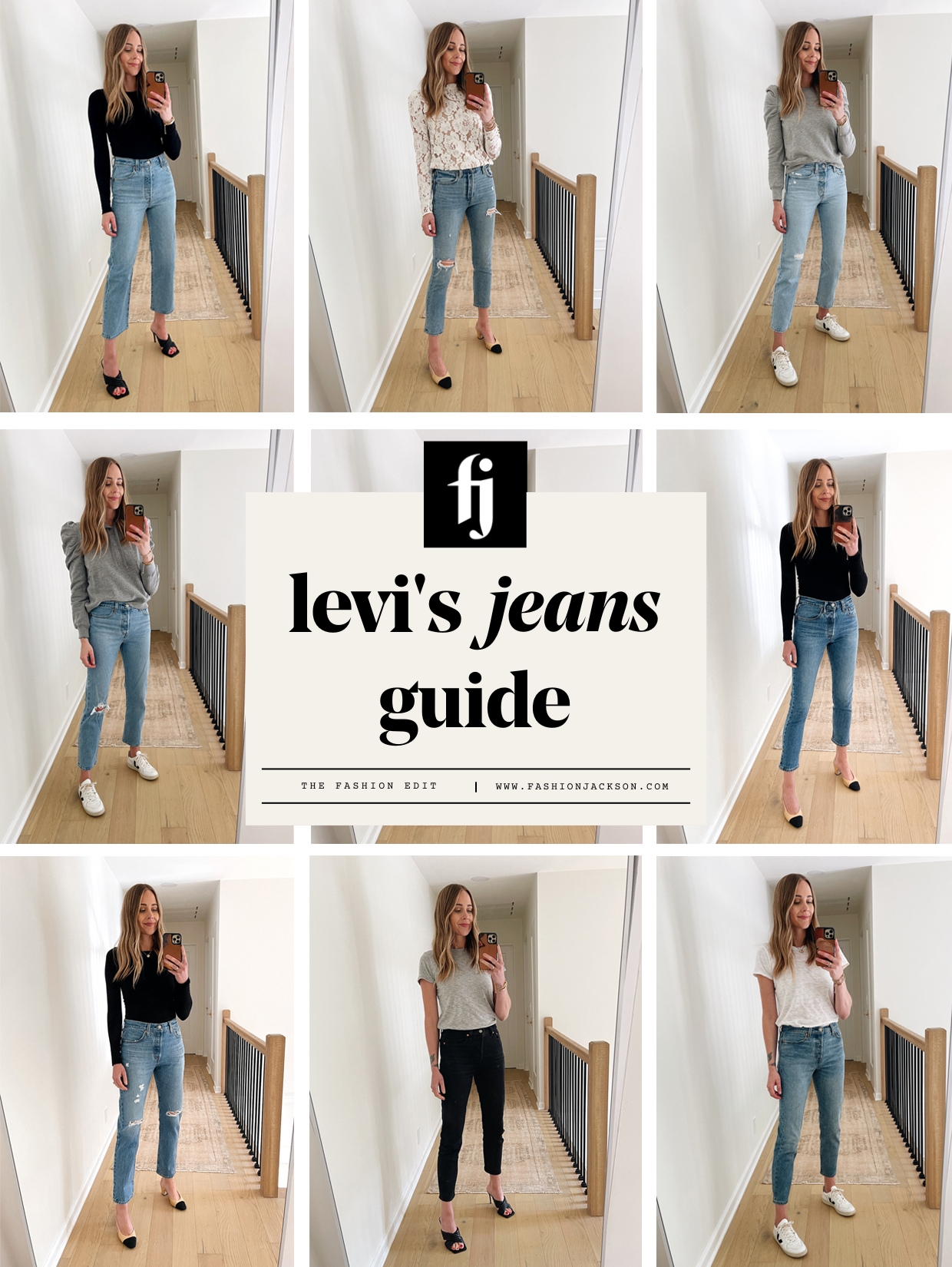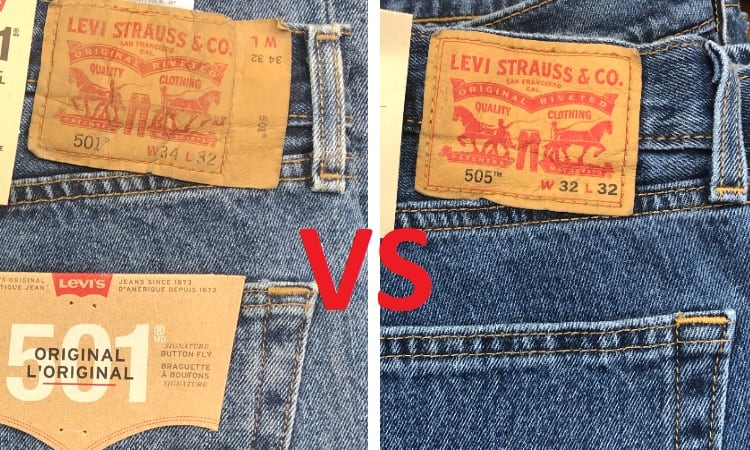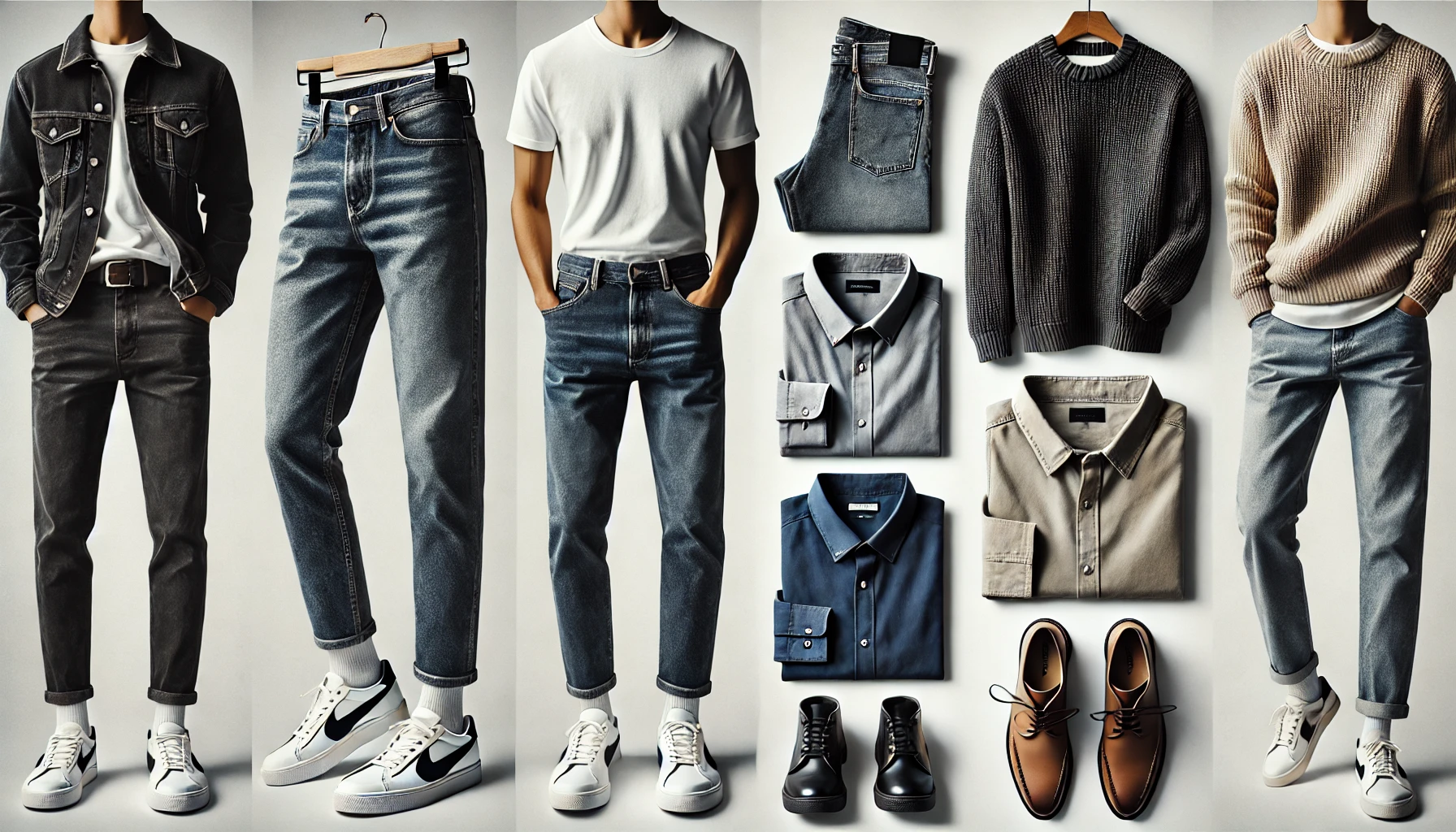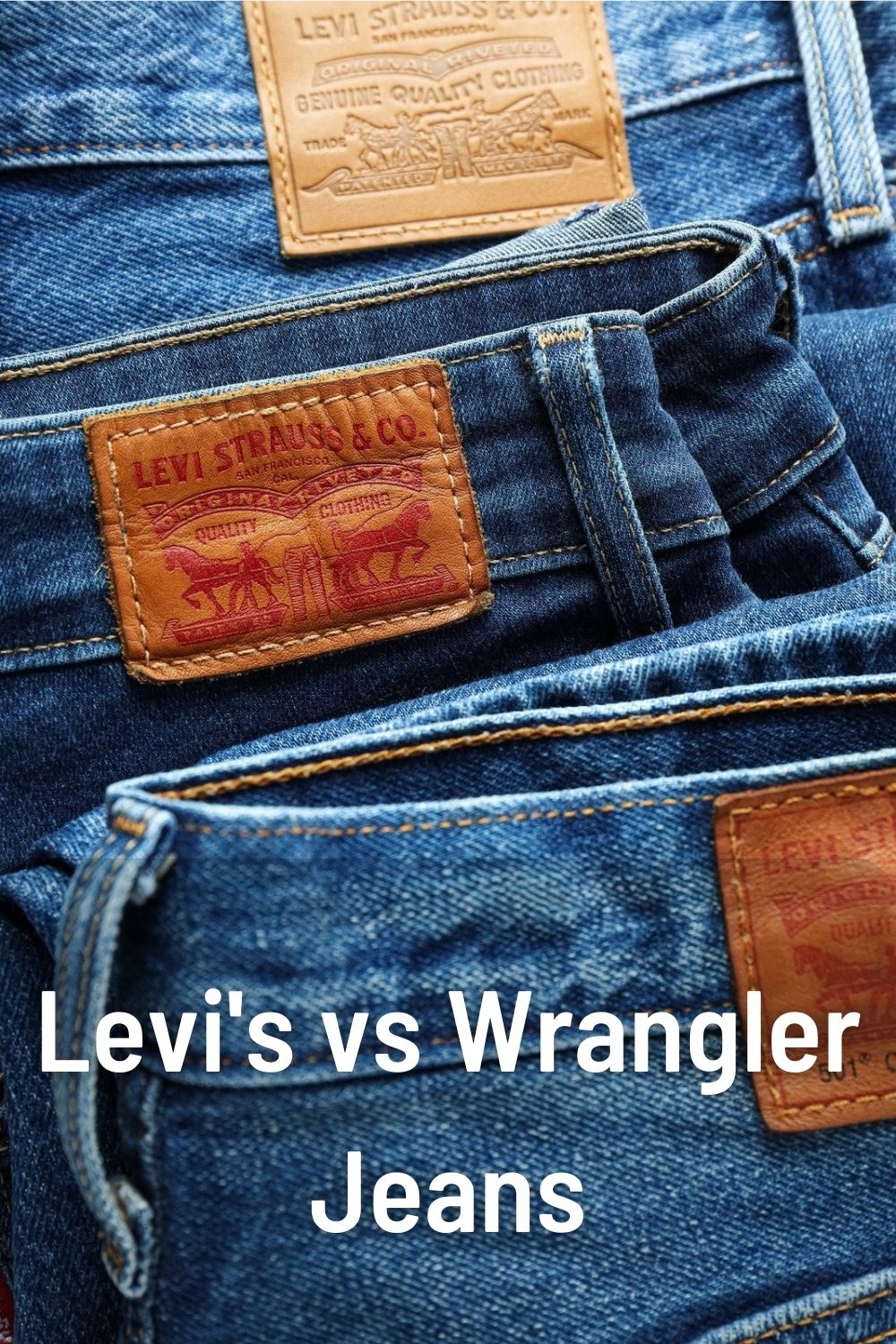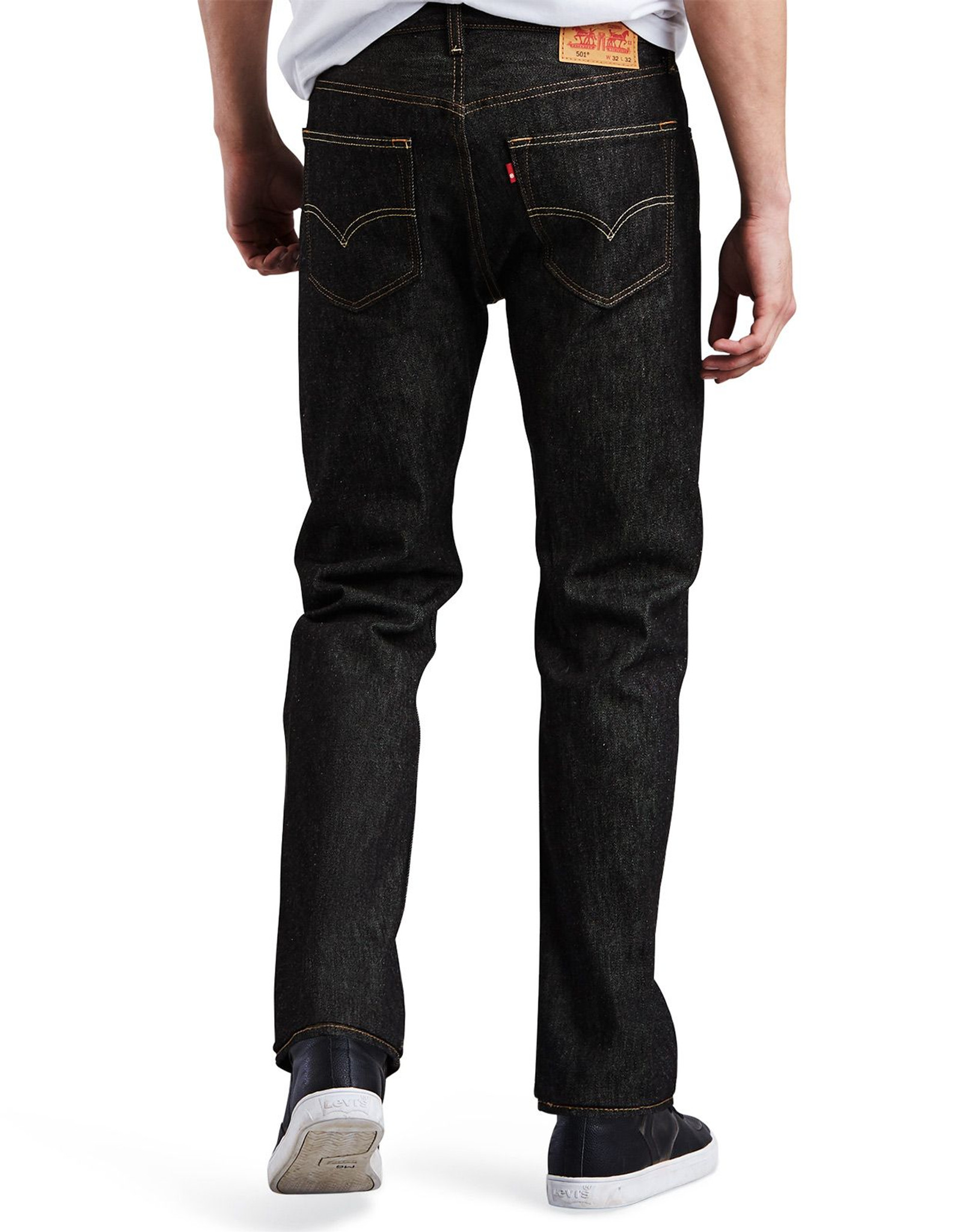What Is The Difference Between Levi's And Levi's Premium
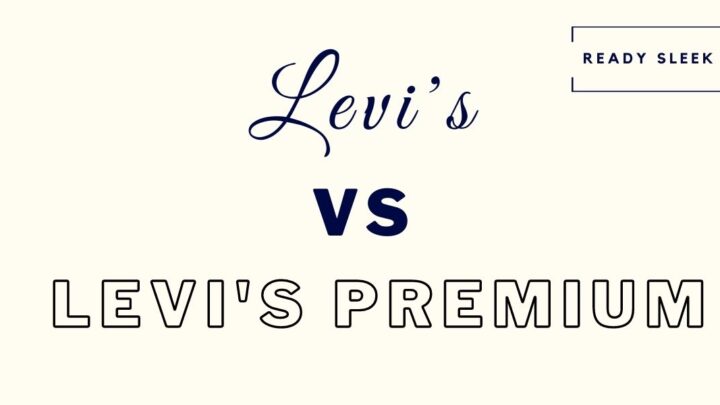
In the vast world of denim, one name reigns supreme: Levi's. Synonymous with American style and rugged durability, the brand has outfitted generations. But within the Levi's empire exists a tiered structure, leading many consumers to ponder: what exactly distinguishes a standard pair of Levi's from those bearing the "Premium" label?
This question is more than just branding curiosity. It reflects a growing consumer awareness of quality, materials, and production practices. This article delves into the specific differences between Levi's and Levi's Premium, examining fabric quality, construction details, fit variations, and price points, ultimately providing clarity for discerning denim enthusiasts.
Fabric and Materials
The core difference often lies in the denim itself. Levi's Premium typically employs higher-quality, often heavier-weight denim sourced from renowned mills. This might include Cone Mills denim (before their closure), or denim from Japanese or European mills, known for their superior texture and durability.
Standard Levi's, while still using quality denim, generally opt for more readily available and cost-effective options. This difference in fabric quality directly impacts the feel, drape, and longevity of the jeans.
Beyond the denim, premium versions often feature upgraded hardware. Look for sturdier buttons, rivets, and zippers. These details contribute to the overall quality and lifespan of the garment.
Construction and Detailing
Levi's Premium jeans often boast more refined construction techniques. This can include reinforced stitching in stress points, selvedge denim detailing (a clean, finished edge preventing fraying), and more precise tailoring.
Selvedge denim, in particular, is a hallmark of higher-end jeans. It requires a specific type of loom and indicates a more labor-intensive production process.
The attention to detail extends to the finishing as well. Premium jeans may undergo special washes or treatments to achieve unique fades, textures, and a more personalized appearance.
Fit and Style
While both lines offer a range of fits, Levi's Premium often features more contemporary and fashion-forward silhouettes. You might find more experimental cuts and styles catering to a style-conscious consumer.
The fit itself is often more meticulously crafted. The brand focuses on creating a more flattering and comfortable wear. This means paying careful attention to the rise, leg opening, and overall proportions.
Standard Levi's continue to offer classic, iconic fits. These fits include the 501, 511, and 514. They are designed for a wider audience and offer a reliable, everyday option.
Price Point
Unsurprisingly, Levi's Premium jeans command a higher price than their standard counterparts. This reflects the superior materials, construction, and design details.
The price difference can range from a modest increase to a substantial jump. This depends on the specific style, fabric, and level of detailing.
Ultimately, the decision to invest in Premium Levi's depends on individual priorities. Are you looking for long-lasting quality, unique style, and attention to detail?
Brand Perspective
Levi Strauss & Co. positions Levi's Premium as an elevated offering. They emphasize quality and craftsmanship. Often the pieces are sold at select retailers and department stores.
The standard Levi's line maintains its focus on accessibility and value. It aims to provide a reliable and affordable denim option for a broad customer base.
Both lines are essential to the company's overall strategy. They cater to different segments of the market and reinforce Levi's as a leading denim brand.
Looking Ahead
The denim market continues to evolve. Consumers increasingly value sustainability, ethical production, and unique style.
Levi's is likely to continue differentiating its lines. The company will focus on meeting the diverse needs and preferences of its customer base.
Whether opting for classic Levi's or the elevated Premium line, consumers can expect a continued commitment to quality and enduring style. They are investing in a piece of American heritage. It is a heritage that has stood the test of time.
